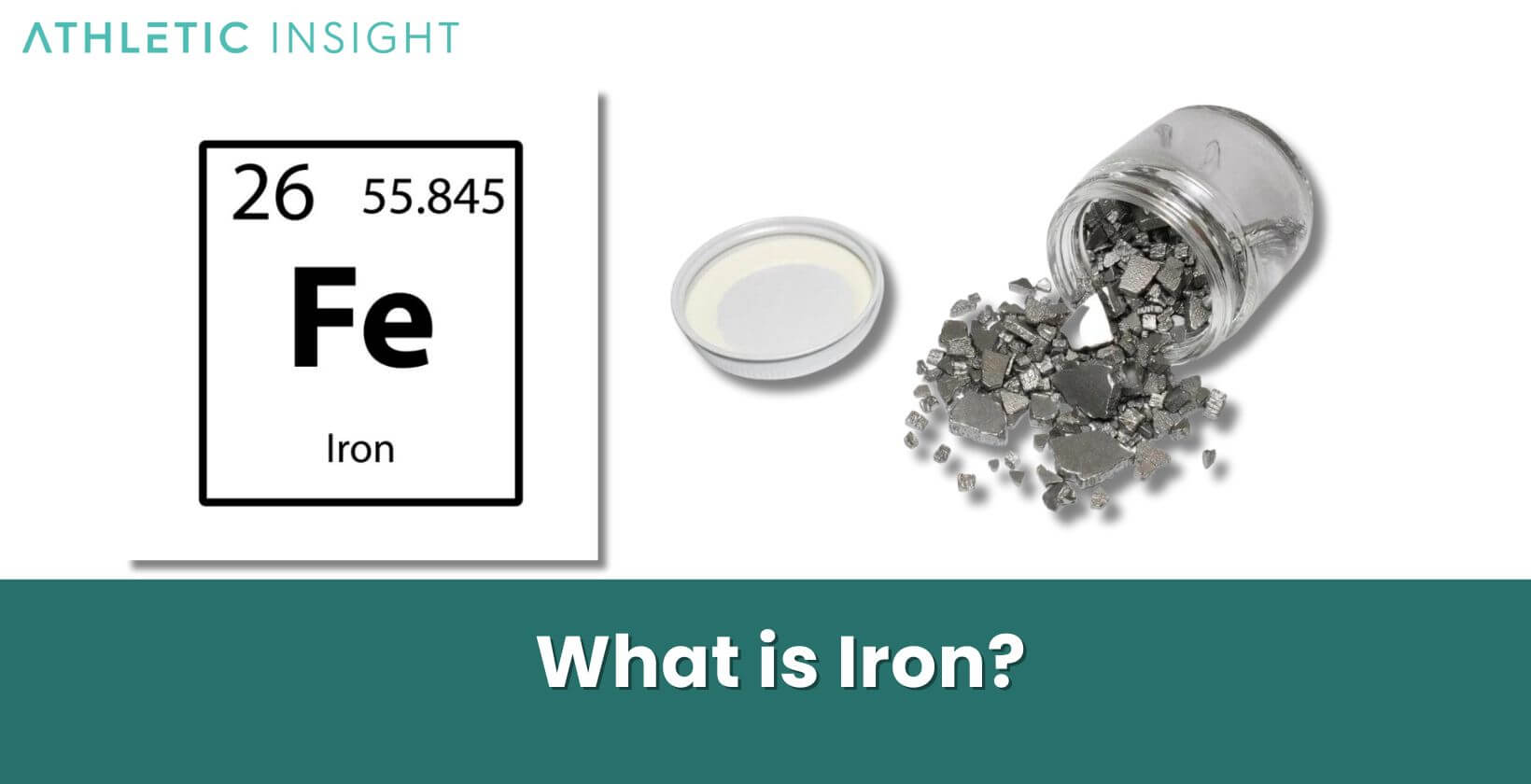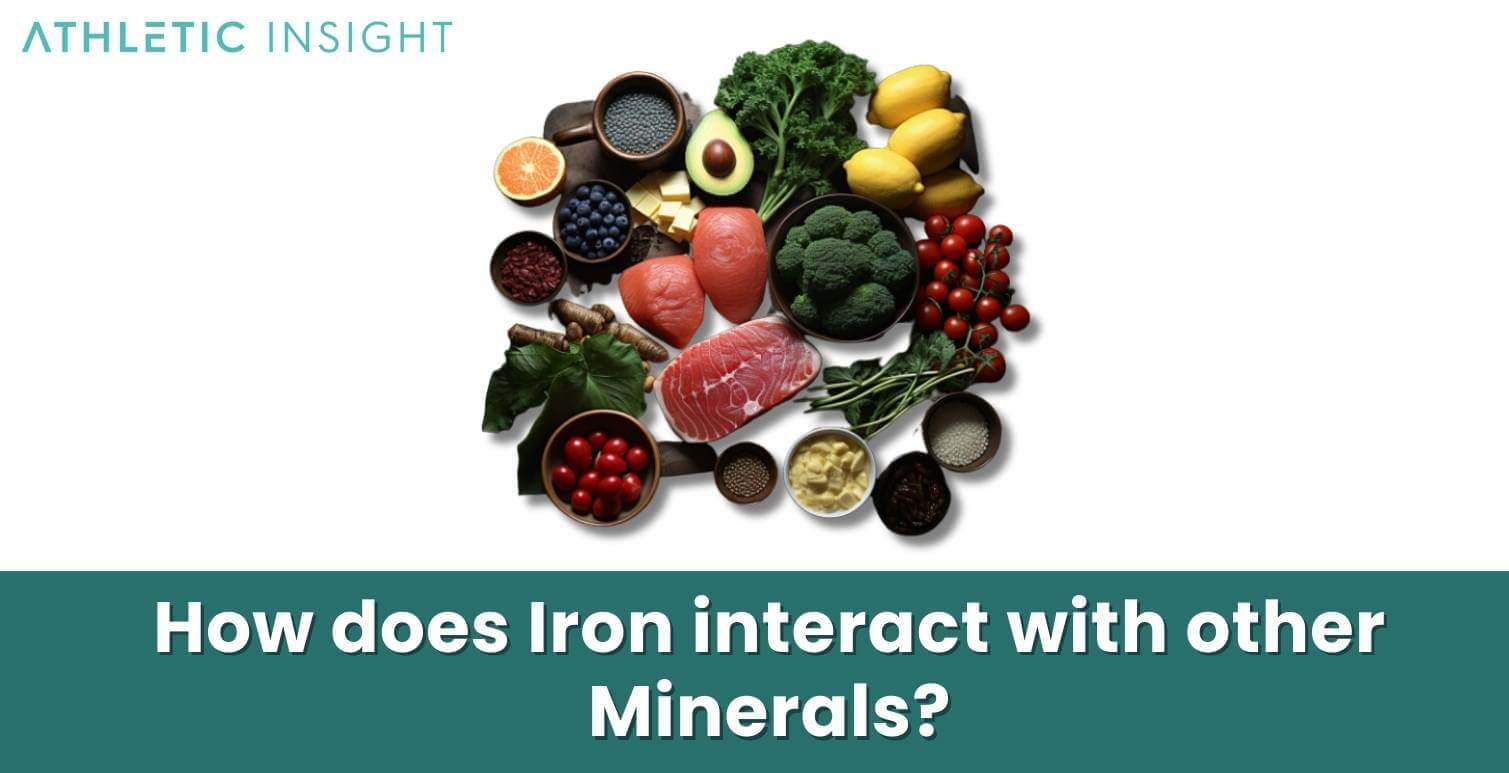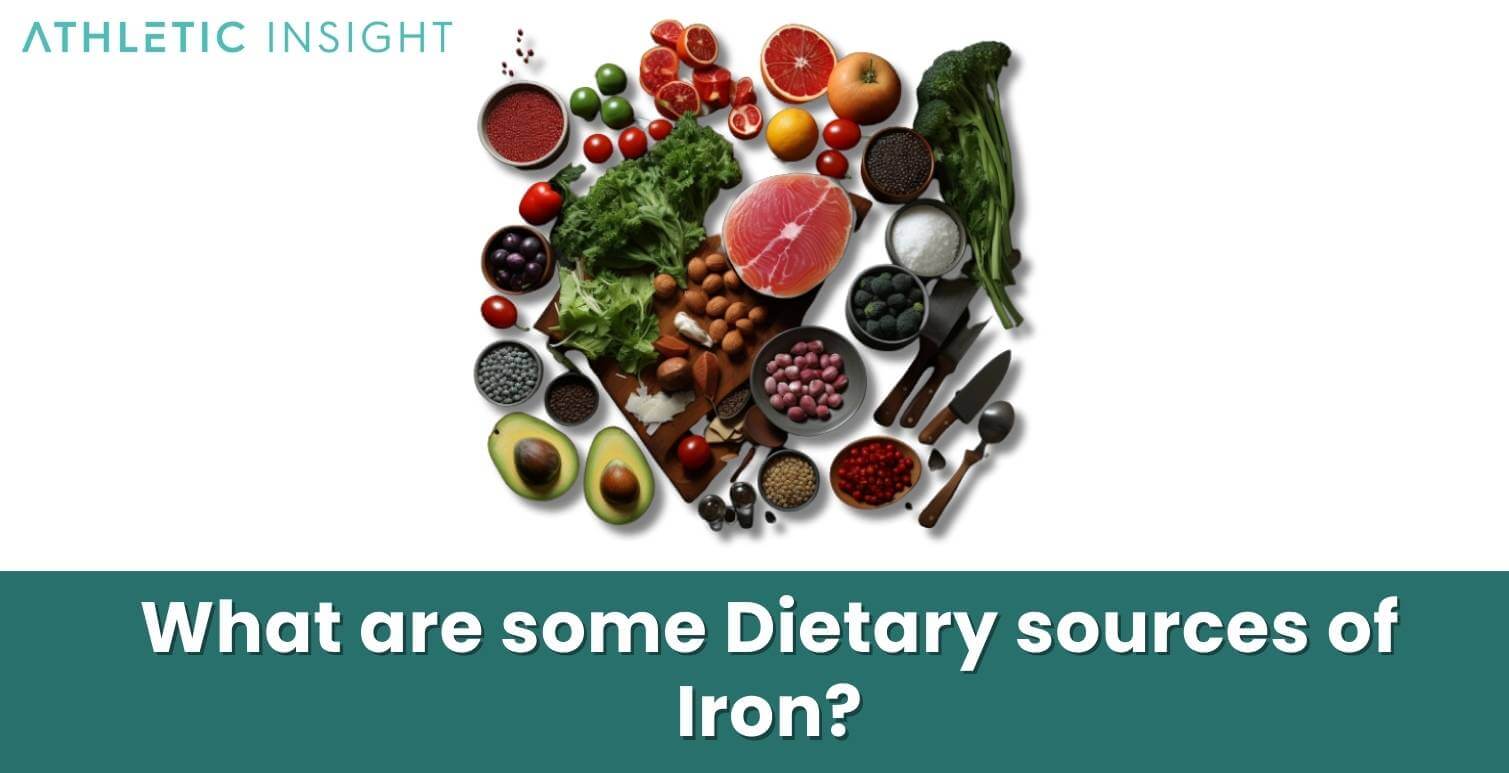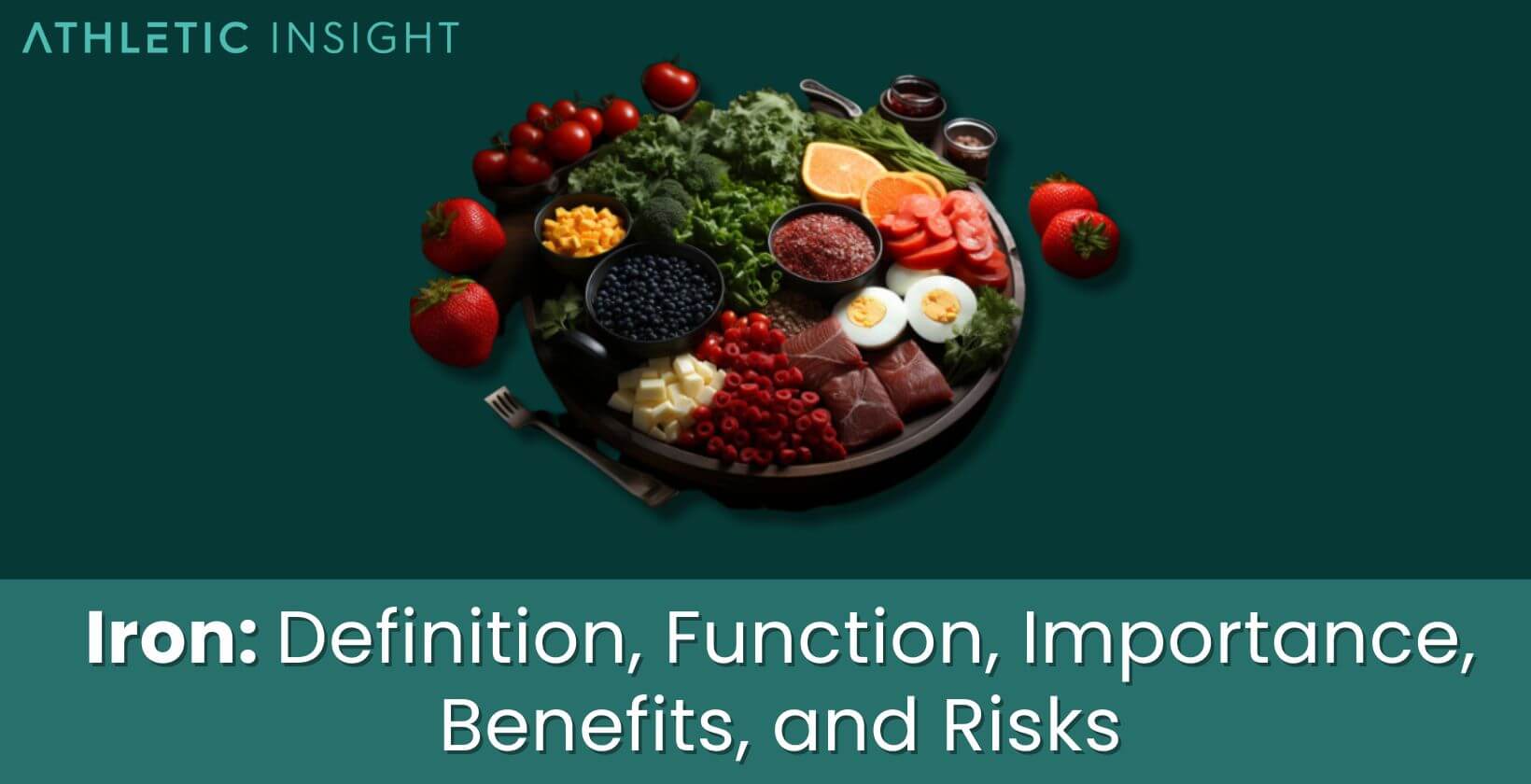Iron, one of the vital elements required for human health, displays a range of unique characteristics that render it indispensable. This transition metal forms the backbone of crucial biological processes, including the production of red blood cells and overall wellbeing. Through an exploration of its properties, roles, benefits, and associated risks, a more comprehensive understanding of this element can be achieved.
While discussing iron, one encounters various intriguing aspects ranging from its interaction with other minerals to its impact on individual health and wellbeing. Unearthing the multifaceted properties and functions of iron is not just an academic exercise, but a vital step towards appreciating its significance in human life.
What is Iron?
At its core, iron is a sturdy transition metal, distinguished by its exceptional strength, resilience, and magnetic properties. This vital element features a unique ability to conduct heat and electricity, thereby extending its range of applications. However, within the sphere of nutrition, iron adopts a different avatar, presenting itself as a vital mineral necessary for the body’s various biological processes.

When discussed in terms of nutrition, iron metamorphoses into a vital mineral required for oxygen transport and DNA synthesis. Iron categorizes into heme and nonheme types, each absorbed differently by the body. Consumed primarily through dietary sources, iron’s availability is governed by factors ranging from the type of iron to the body’s current iron levels.
What is the role of Iron in the body?
Iron’s primary role in the body lies in the realm of hemoglobin production, a protein found within red blood cells. Hemoglobin carries oxygen from the lungs to the rest of the body, thereby powering cellular metabolism and generating energy. Iron also contributes to myoglobin production, a protein involved in oxygen storage within muscles. Lastly, iron has a part to play in vital enzyme reactions, specifically those involving DNA synthesis and repair.
By aiding the synthesis of hemoglobin, myoglobin, and certain enzymes, iron becomes indispensable to red blood cell production. In the absence of adequate iron, the production of these cells becomes compromised, highlighting the crucial role iron plays within the human body.
What is the importance of Iron in the body?
Beyond the realm of oxygen transportation, iron’s significance permeates various facets of health and well-being. Its crucial role in cell growth and differentiation illustrates its contribution to the development and functioning of the immune system. Iron also participates in the conversion of blood sugar into energy, thereby bolstering both physical and cognitive performance.
The true measure of iron’s importance becomes evident in the wake of its deficiency. Iron deficiency precipitates symptoms like fatigue, weakened immunity, and impaired cognitive abilities. The indispensable role of iron in maintaining health and promoting wellbeing cannot be overstated.
How does Iron interact with other Minerals?
The interplay of iron with other minerals within the body is an intricate network of balance and absorption. For instance, iron absorption may be inhibited by calcium, yet promoted by Vitamin C. Copper, another mineral, plays a critical role in iron metabolism, highlighting the interconnectedness of these elemental nutrients.

Interactions between iron and other minerals underpin the need for a balanced diet that ensures optimal absorption and bioavailability of these nutrients. Any imbalance or lack could result in a domino effect, adversely impacting the overall mineral balance within the body.
What will happen if you intake Iron and Vitamin D together?
Consuming iron and Vitamin D in conjunction does not significantly affect the absorption or efficacy of either nutrient. Despite their distinct roles, both iron and Vitamin D contribute significantly to overall health. Iron serves as a fundamental element in red blood cell production, while Vitamin D facilitates calcium absorption and bone health.
It is worth noting that the body’s nutritional requirements are diverse and complex, with each nutrient playing a distinct, yet interconnected role. That is why maintaining a balanced diet is crucial.
What are the Health Benefits of Iron?
Iron features five main health benefits that traverse various physiological dimensions. Among its numerous advantages is the surge in energy levels stemming from its role in oxygen transport and energy metabolism. Looking further, iron supports robust growth and development during childhood, adolescence, and pregnancy.
Apart from boosting physical health, iron also enhances cognitive function by supporting the development and function of neurotransmitters, the brain’s communication system. The adequate presence of iron also aids in maintaining a healthy immune system, fortifying the body’s defenses against diseases. All in all, iron’s benefits underscore its indispensable role in promoting health and wellbeing.
- Increased energy levels
- Improved metabolism
- Improved growth and development during childhood, adolescence and pregnancy
- Enhanced cognitive functions
- Immune system support
How do Athletes use Iron to improve Sports Performance?
Athletes have a unique relationship with iron, considering their higher physiological demands. The role of iron in transporting oxygen and supporting energy production directly ties to athletic and sports performance. Enhanced oxygen supply to muscles aids in maintaining endurance and staving off fatigue, giving athletes the upper hand in their performance.
It’s also noteworthy that rigorous physical training can elevate iron loss, making athletes more susceptible to iron deficiency. As such, maintaining optimal iron levels becomes a critical part of an athlete’s nutritional strategy, enabling them to perform at their best while promoting overall health and recovery.
Does Iron strengthen Muscles?
While iron does not directly contribute to muscle growth like protein, it plays a pivotal role in supporting muscle function and health. The presence of iron in the body helps to ensure that muscles are adequately supplied with oxygen, a necessity for muscle contraction and endurance. In addition, iron aids in the production of myoglobin, a protein that stores oxygen in muscle cells.
Without adequate iron, muscles may experience fatigue and weakness due to insufficient oxygen. So, while iron might not ‘strengthen’ muscles in the traditional sense, it is instrumental in supporting muscle function and overall physical performance.
Does Iron help with weight loss?
No, iron does not directly influence weight loss, but its role in metabolic processes can indirectly impact body weight. Iron aids in the transformation of carbohydrates, fats, and proteins into energy. An efficient metabolism can, in turn, support weight management strategies.
Iron deficiency can lead to fatigue and decreased physical activity levels, potentially affecting weight management efforts. Therefore, maintaining appropriate iron levels can support overall health, including weight management, by ensuring the smooth functioning of metabolic processes and maintaining energy levels.
What are some Dietary sources of Iron?
Iron can be procured from a range of dietary sources. Red meat, poultry, and seafood are rich sources of heme iron, a form easily absorbed by the body. Vegetarian sources of iron include green leafy vegetables, legumes, whole grains, and fortified cereals. While these primarily offer non-heme iron, consuming them with vitamin-C-rich foods can enhance absorption.

Ensuring enough iron in one’s diet involves variety and balance. Consuming a mix of heme and non-heme iron sources along with absorption-enhancing foods can help meet the body’s iron needs. However, individual requirements may vary, and it’s advisable to consult with a healthcare provider for personalized advice.
What is the recommended dosage of Iron intake?
Iron intake recommendations differ based on age, sex, and specific physiological conditions. Adult men and postmenopausal women typically require around 8 mg per day, while menstruating women need approximately 18 mg due to iron loss during menstruation. Pregnant women have higher needs, with a recommendation of 27 mg daily to support fetal development.
Children and adolescents also have specific iron requirements that change with growth and development stages. Athletes, particularly those engaging in endurance sports, may require higher amounts of iron to counteract increased losses through sweat and other metabolic processes.
Is it recommended to take Iron every day?
Yes, the body requires a consistent supply of iron to maintain optimal physiological functions, making daily iron intake necessary. Iron is required daily to replace losses through sweat, skin shedding, and in women, menstruation. Consuming iron-rich foods as part of a balanced diet generally meets these needs.
Nonetheless, specific life stages or conditions may necessitate iron supplementation. Instances include pregnancy, periods of rapid growth in adolescence, or conditions leading to increased iron loss or decreased absorption. In these cases, daily iron intake through supplements may be recommended by a healthcare provider, considering individual needs and potential interactions.
What are the Health Risks of Iron?
While iron is essential for optimal health, excessive iron presents its share of risks. These include iron overload disorders, such as hemochromatosis, which can cause organ damage if left untreated. High iron levels are also linked with an increased risk of certain diseases, including heart disease and cancer.
Acute iron toxicity is another concern, typically resulting from an overdose of iron supplements. Symptoms may include nausea, vomiting, and abdominal pain. In severe cases, it may lead to multi-organ failure. So, it is crucial to adhere to the recommended intake levels unless advised otherwise by a healthcare provider.
- Heart disease
- Cancer
- Hemochromatosis
- Acute iron toxicity
- Nausea
- Vomiting
- Abdominal pain
- Multi-organ failure
What are the symptoms of Iron deficiency?
Iron deficiency manifests through various symptoms that reflect its crucial role in numerous bodily functions. Initial signs may include fatigue, weakness, and pallor. As deficiency advances, additional symptoms may emerge, such as brittle nails, shortness of breath, dizziness, and cognitive impairment.
In severe cases, iron deficiency can lead to a condition called iron deficiency anemia, characterized by insufficient red blood cells or hemoglobin in the body. Symptoms at this stage may also include fast or irregular heartbeat, swollen tongue, and cravings for non-nutritive substances like ice or dirt, a condition known as pica.
- Fatigue
- Weakness
- Pallor
- Brittle nails
- Shortness of breath
- Dizziness
- Cognitive impairment
- Anemia
- Irregular heartbeat
- Swollen tongue
- Abnormal cravings (dirt, ice, etc.)
Are Iron Supplements effective in treating Iron deficiency?
Yes, iron supplements serve as an effective intervention in managing iron deficiency and iron deficiency anemia. By boosting iron levels, these iron supplements help to alleviate symptoms, restore normal bodily functions, and improve overall health.
While beneficial, iron supplements can induce side effects such as nausea, constipation, or diarrhea in some individuals. They can also interact with certain medications, underscoring the importance of using them under the guidance of a healthcare provider. Individualized advice ensures the benefits of supplementation while minimizing potential risks.
Can iron deficiency lead to anemia?
Iron deficiency can indeed lead to anemia, a condition termed as iron deficiency anemia. This occurs when the body lacks sufficient iron to produce adequate hemoglobin, a protein in red blood cells responsible for oxygen transport. Consequently, tissues and organs receive less oxygen, impairing their function and leading to symptoms such as fatigue, weakness, and pallor.
Iron deficiency anemia can result from numerous factors, including inadequate dietary iron, impaired iron absorption, or increased iron needs or losses. Treatment typically involves addressing the underlying cause and replenishing iron stores, often through dietary changes or supplementation. It underscores the criticality of maintaining adequate iron levels for overall health and wellbeing.



